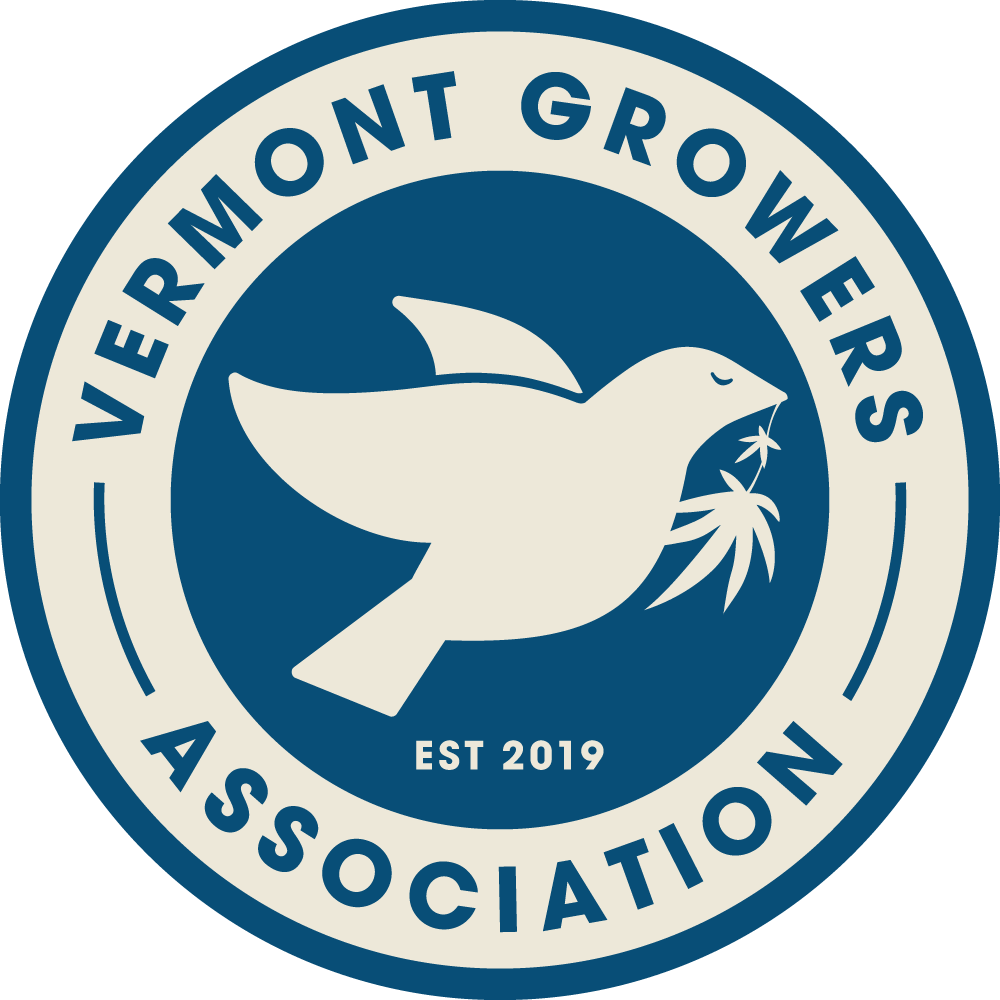ADVOCACY / SEEDING POWER VT: SUPPORT BILL H.273
Seeding Power VT: Support Bill H.273, the Vermont BIPOC-led Land Access and Opportunity Act
Equitable access to land and home ownership cannot be separated from a fair and just adult-use cannabis market.
We join our colleagues in the Vermont Cannabis Equity Coalition in supporting Seeding Power VT and their campaign to enact bill H.273, the Vermont BIPOC-led Land Access and Opportunity Act. This page includes campaign copy and artwork from Seeding Power VT. Sign up to receive updates from Seeding Power VT.
-
The Vermont BIPOC-led Land Access and Opportunity Act (H.273) addresses BIPOC land access and the underlying systemic racism that continues to separate BIPOC people from the land, and erase their culture and history.
The Act intends to acknowledge and address systemic racism by creating new opportunities for individual and collective land ownership and access for Black, Indigenous and other People of Color (BIPOC) in every town across the State of Vermont.
The Act was created through a collaboration of community leaders of color and allies. A core objective of this Act is to create a solution that is designed by and for communities most impacted by structural racism and inequitable access to resources.
-
The Vermont BIPOC Land Access and Opportunity Act is a femme and queer BIPOC-led effort. Leaders from the BIPOC community came together to draft the language in the Act in 2020.
Communities of color across Vermont have been invited to provide feedback and have been instrumental in getting the Act to the place where it is now.
The Act enjoys a wide swath of support from racial justice, community, and farm and agriculture organizations across Vermont, as well as from individuals.
-
The foundation of our current economic system intentionally excludes certain communities. It is built on land that was stolen from Abenaki and other Indigenous people, and constructed with the labor of enslaved people.
The legacy of settler colonialism and chattel slavery is embedded into many aspects of our modern way of life, including in legal and financial policies and practices.
In order to directly address the history of inequity in Vermont, we must create opportunities and resources in every town for permanent land and home access for BIPOC. Most importantly, these opportunities and resources must be designed by and for communities most impacted by structural racism and inequitable access to resources.
The relationship between all people and the land has been used to oppress people over the past several centuries.
The laws and policies of our state and nation severed Indigenous people from their land and denied Black and other people of color from having the opportunity to access and to own land. For example:
- The Dawes Act of 1887 enabled the Federal Government to divide indigineous land into individual parcels for Colonial settlement. The most productive Indigineous lands were sold to Colonizers and Indigenous people were no longer allowed to access this land.
- Redlining was the practice of denying bank loans for mortgages to Black and Brown people and it was used to segregate Black and Brown communities into inner city neighborhoods. The practice was started in 1934 by the United States Department of Housing and Urban Development’s Home Owners’ Loan Corporation (HOLC) program. The HOLC program was criticized for denying Black and Brown residents equal access to home mortgages, often offering subprime loans that came with unusually severe terms
- Sharecropping was the federal government prohibiting Black farmers from owning property, and as a result, they were forced to rent land from white landlords.
- The Act language outlines many more examples of these kinds of programs designed to separate Black, Indigineous, and other people of color from land.
This bill creates opportunities for both collective and individual ownership options that center and empower BIPOC communities in decision-making processes and in the implementation of H.273.
-
1) Read the Act in full here.
2) Sign up to receive updates about the progress of the legislation.
3) Change the narrative: talk with your friends and family about the importance about BIPOC land access and ownership. Share your thoughts on social media and other platforms.
4) Contact your state legislator and voice your support for H.273 Vermont BIPOC-led Land Access and Opportunity Act!
What is Seeding Power Vermont?
Seeding Power Vermont is a collective of multi-racial organizers working on systemic changes that center BIPOC self-determination and healing relationships with land and between people. This group is named Seeding Power to highlight the collaborative work of building grassroots, collective power and decision-making structures in BIPOC communities, as well as the complementary actions for ceding power within the context of systemic oppression and structural racism. We came together through a merging of desire to do this work and create options for actionable structures.
Take Action Now
Use the form below to contact your local state legislators and the House Committee on General, Housing, and Military Affairs to voice your support for H.273 and to urge them to move the bill forward now!
Not sure what of what to say? Check out this handy overview to help craft your own message of support and don't forget to mention that you're a constituent. If they respond, please send them our way.
Get the Word Out
After you take action, please sign onto this collective letter from Seeding Power Vermont, then sign up for their email updates to stay connected!


